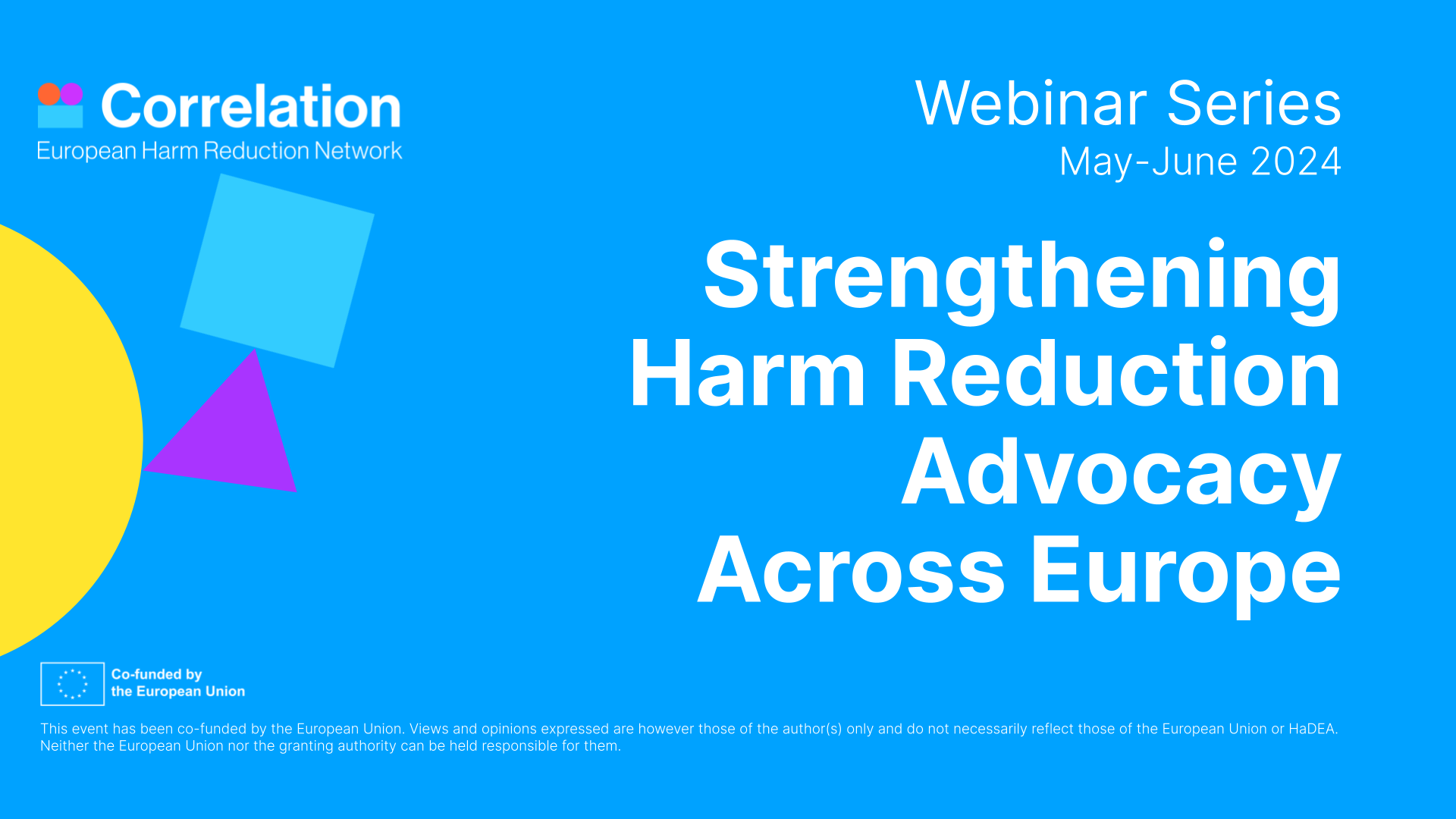
On 12th March 2020 schools in Ireland closed to help reduce the spread of COVID-19. Five days later, on 17th March, Taoiseach Leo Varadkar addressed the nation stating that ‘Never will so many ask so much of so few,’ referring to the people on the front line of the response to COVID-19 in Ireland. Ten days later, on 27th March at midnight further restrictions designed to reduce the spread of COVID-19 came into place – these restrictions will remain in place until at least 5th May 2020.
Ana Liffey is a ‘Low Threshold – Harm Reduction’ service, working on the streets of Dublin and Limerick, with people with complex and multiple needs i.e. problematic drug use, mental health issues, physical health issues, behavioural issues, etc. The majority of the people we work with are homeless or at risk of homelessness. Our ‘Low Threshold – Harm Reduction’ ethos and the skills & competencies of our team are well suited to helping with the response to a COVID-19 outbreak amongst this cohort of people. Led by the Health Service Executive (Dublin CHO9 & Limerick CHO3), working alongside our colleagues in Homeless and Addiction services, we have had to quickly adapt how we deliver our services to help to reduce the spread of the COVID-19; and to respond to the increased drug-related risks our clients have faced – particularly the increased risk of an overdose. The group of people who use drugs that we work with are a particularly vulnerable group and are at a higher risk of contracting COVID-19. The sharing of syringes, crack pipes, tooters, etc. is risky and increases the chance of infection as COVID-19 is transmitted through droplets. So, providing Harm Reduction interventions is going to continue to be an essential response in stopping the spread of COVID-19 amongst this cohort. Should they contract the COVID-19 there is a likelihood that they will require hospitalisation as many have underlying health issues which put them at greater risk of complications. For example, smoking crack or heroin can cause and/or exacerbate respiratory conditions; or someone with HIV or Hep C may have a weakened immune system.
We quickly recognised that the need to prevent the spread of COVID-19, amongst the people we serve, was now the priority. We recognised that we would have to adapt our frontline services very quickly to prioritise and support the public health response to COVID-19, and our team responded extremely well. We closed our drop-in services and stopped all group work as we could not maintain a safe physical distance for clients and staff. We focussed our efforts on working on outreach in the streets explaining COVID-19, providing our Needle & Syringe Program and explaining how to stay safe on both counts. In the very early days of the COVID-19 crisis, many of the people we met on outreach simply did not know about COVID-19 i.e. no knowledge of the latest advice, what the restrictions were or how the service provision landscape had changed. Our team spent a lot of time explaining the situation, supporting people around their fears & frustrations and getting them linked to treatment and housing options. Soon we found ourselves supporting the medics to assess people we met in the street who had symptoms. We did this over the phone and if they needed to be provided a space in a COVID-19 Isolation Unit, we would arrange the transportation. Working during this period was challenging work for our team as the narrative in the media was of the potential for a steep curve – meaning potentially many infections. However, our team followed the Public Health advice of social distancing, hand washing and other precautions involving the correct use of Personal Protective Equipment in line with Public Health guidelines. We adopted our two vehicles in Dublin by adding Perspex screens between the front and back seats; so, that we could bring people to the new residential Isolation Units provided by the State; and to complete other trips as safe as possible. We are now providing supports to people who are isolating in Dublin and Limerick as needed i.e. bringing whatever they need to them so that they can remain in isolation.
The State’s response of providing accommodation and improved accessibility of prescription drugs (e.g. methadone and benzodiazepines) has helped to stabilise people and helped them to remain in isolation – which helps to reduce the spread of COVID-19. For example, as of 16th April in Dublin City, there had been 20 people within this cohort diagnosed with COVID-19 and no COVID-19 related deaths. Looking to the future, it is not clear exactly what will happen, but concerns we have include…have we done enough to reduce the curve of infection amongst this cohort; what will happen to the drugs market; what impact will the changes to the drugs market have on people who use drugs (whether it be problematic use or non-problematic use); what harms will these risks cause and how can we respond to reduce these harms. It is clear, however, that Harm Reduction has been, and will continue to be, an important part of the Public Health response to drug use during the COVID-19 crisis to help stop the spread of the virus; and to reduce drug-related harm.
Tony Duffin
CEO
Ana Liffey Drug Project